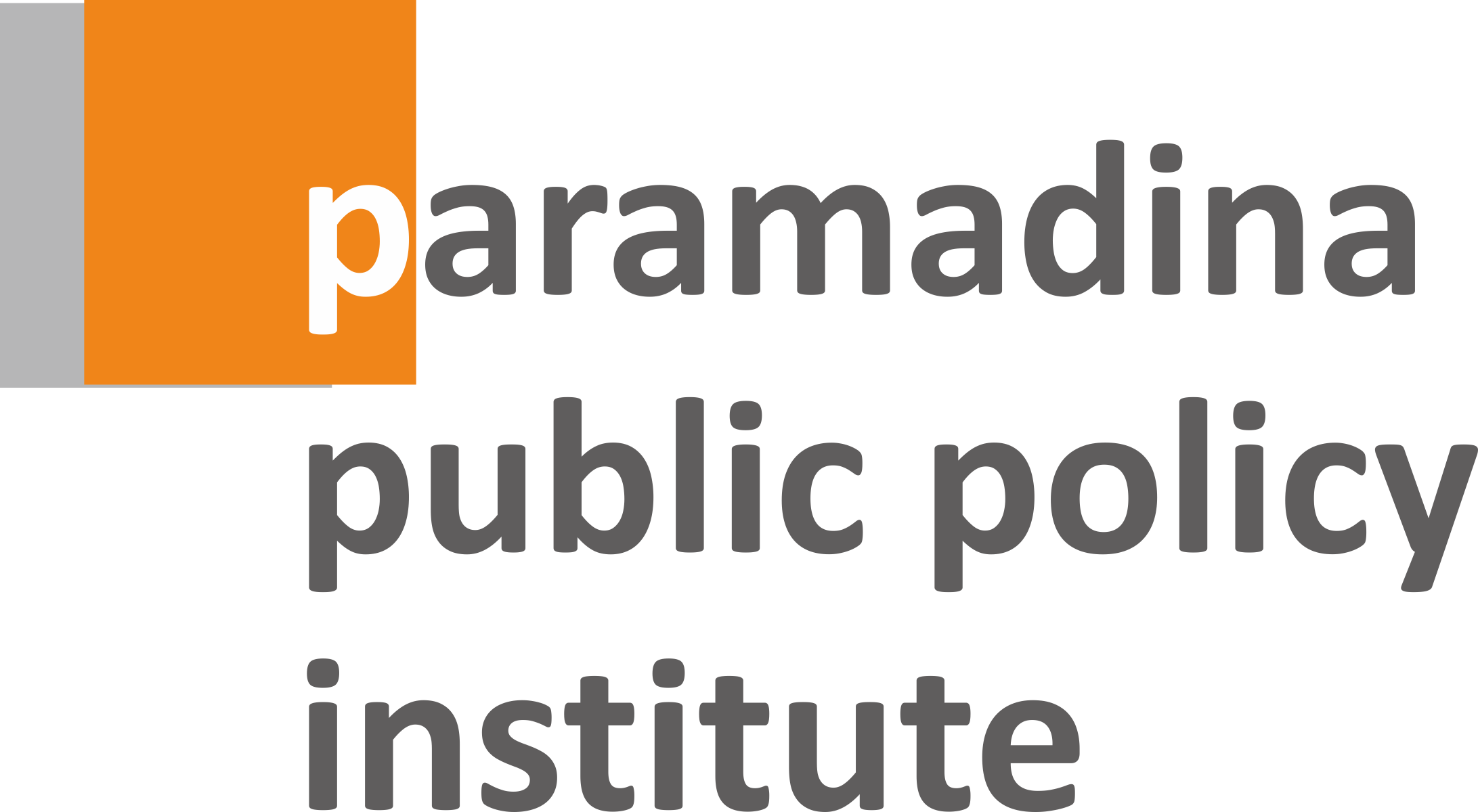
Muhamad Rosyid Jazuli and Muhammad Fajar Anandi
16 April 2020
Besides inhibiting the health of humankind, the COVID-19 pandemic carries daunting non-health-related repercussions in almost all countries. Some have immediately issued extraordinary response policies to navigate the crisis and begun flattening their corona impact curves. Some others, unfortunately, must deal with graver consequences because of their relaxed responses, unready for such a crisis.
As of now, the WHO states that more than 1,5 million people globally have been infected by this novel virus. More than 100 thousand have died. Experts claim that this crisis brought major changes not only to the health but also to the economy and society of our global community.
There are, though, some interesting impacts on the clean air stories during this epidemic. Big cities like Singapore, Jakarta, London, New York, and New Delhi are dramatically quieter, as fresher air follows suit. But this COVID-19 crisis indeed changes the social and economic order of the world both for better and worse. There have been massive campaigns to contain social or religious gatherings. Even in some countries, they are strictly prohibited. Besides, global economic growth is slowing down, which may go more severe compared to the 2008 Financial Crisis.
Two Diverging Approaches
Of the existing countries’ response policies, there are at least two contrasting approaches in addressing COVID-19. In the first country group, COVID-19 patient data are strictly monitored and updated, making them reliably unquestioned. The public adheres to government recommendations ranging from social distancing to lockdown.
In South Korea and Singapore, for instance, several rescue policies and packages have been running since the beginning of the year when they already eyed signs of economic slowdown and social safety problems. New Zealand is gaining global recognition due to its speedy process of response policymaking and the intended economic and social stimulus have gradually been distributed.
In the second group, besides their often-doubted patient data, in these jurisdictions, the long, multilevel process of bureaucracy inhibits the decision-making process. Taking political consideration more into account, power-holders consider more political consequences rather than saving the lives of the people. Moreover, even when a policy has been announced, people have hardly adapted to it. The political agenda behind the policy may have preoccupied them.
For instance, countries like the US and Indonesia, as two major democracies in the world, have tangled up themselves in entrenched populist politics and bureaucratic decision-making processes. Alongside their relatively minimal focus on crafting sustainable healthcare, there is the seemingly strong reluctance of top decision-makers to reallocate the budget structure expeditiously, due to bureaucratic reasons.
Response policies for COVID-19 in the former countries are, in general, expeditiously passed, powered by their qualified human resources in the bureaucracy, whose selection and regeneration are meritocracy-based. The law-abiding public cooperatively helps the policies’ implementation.
Meanwhile, those the latter are endlessly struggling with debate, such as the public critiquing the government’s unhurried corona responses and the public uncooperativeness with the policies. And, in some cases, bureaucracy is packed with red-carpeted, incapable public service forces, which often succumbs to political lobbies and overpowering interests.
We see that leaders of these nations had already realized the potentially catastrophic consequences of COVID-19 far before this became pandemic. However, they neglected or did not dare to take immediate decisions for the sake of national stability, and probably their political position. Such leadership was more worried about possible negative sentiments towards the economy if unpopular response policies take place.
While struggling to finalize COVID-19 navigation policies, they face situations such as limitedly available medical facilities, shortage of medical gear for medical personnel, as well as the uncertain distribution of economic and social assistance for the community.
Besides, those countries arguably have high, unmaintained inequality as a handful of elites controls the economy, leaving many poor people hardly have access to social safety nets. This adds to the poor public obedience to any government response policies, especially during this COVID-19 crisis. You can’t expect people to uphold the rule of law when fundamental necessities are not accessible, the late PM Lee Kuan Yew ever argued in his memoir.
Political will
To this end, the political will of mindful yet pragmatic policy decision-makers in dealing with crises is crucial. Because making unpopular decisions and leapfrogging the lengthy bureaucracy and the inhibiting political interests can never be done if there is no such strong political will. Also, the willingness of the people to cooperatively obey the competent authority is vital. We can see how Singapore and New Zealand leaders, for example, have stood up before their public to keep them well informed with how and why the governments are taking speedy, yet unpopular policies to fight COVID-19.
COVID-19’s impacts are indeed imponderable, but they are a good reminder that countries need to invest not only economically, but also socially and politically. There is always a need to prepare activities for the worst scenario, where extraordinary decisions are made to make the bureaucracy effective, especially to withstand such a crisis. Serious attention needs to be directed to the regeneration of their leaders to breed political leaders who are ready to take unpopular stands and decisions in a crisis.
Moreover, social cohesion needs to be heavy-handedly improved. Inequality must be thoughtfully navigated through programs such as the continuous opening of job opportunities and conditional social assistance programs for the unfortunates facilitated by the state. The programs should also be based on valid and transparent data so that they will aim to the right targets, while also be implemented in a particular period of time. In NZ, for instance, income subsidies were soon distributed to workers once the government declared a lockdown policy. Indonesia is going for a similar undertaking through the Prakerja initiative for the unemployed or affected by the pandemic, regardless of the slow and debatable procedures.
During this pandemic, non-state actors’ involvement in navigating the epidemic is certainly not negligible. Thanks to the expeditious flow of information in this digital era, they have soon shared the burden of the grave COVID-19 impacts. Community participation in helping alleviate the imponderable coronavirus repercussions has been a regular occurrence. Community-based donations have been initiated across the globe in the form of food, money, and even medial gears. Tech companies have generated free, essential services such as the COVID-19 tracking service. Think tanks provide various analyses on the issue to help policymakers expedite decision-making. Surely, we cannot rely totally on the government to deal with the crises solely. Collaboration and initiatives are some of the keys to manage the challenging situation.
This crisis has arguably become dramatic because of the public’s panic. However, if the relevant authorities still have firm control, the crisis will be overcome. If they are delved into erratic, unresponsive decision-making processes because of the lack of courage and skills in deciding crisis response policies, such jurisdictions are inexorably experiencing a nightmare.
In this era of global interdependence, both developed and developing worlds, can indeed be similarly impacted by crises, like this COVID-19. Regarding crisis’ unprecedentedness, Singapore PM Lee Hsien Loong ever stated that if you navigate one with the ordinary rules, you will most likely encounter more severe problems. This COVID-19 is indeed unprecedented. Powered by the strong political will of the national leadership, taking extraordinary actions to navigate it is indeed necessary.
Rosyid has been a policy researcher at Paramadina Public Policy Institute since 2014, where his focus includes millennial representation in politics and the political economy of policy reform processes.
Fajar is a lecturer at Paramadina University, and a research fellow at PPPI. He has experiences both in upstream and downstream of government’s development policies and projects.
This opinion piece has first appeared on Suara Kebebasan
